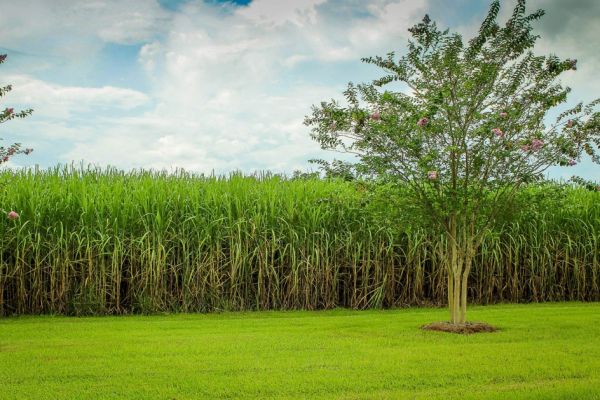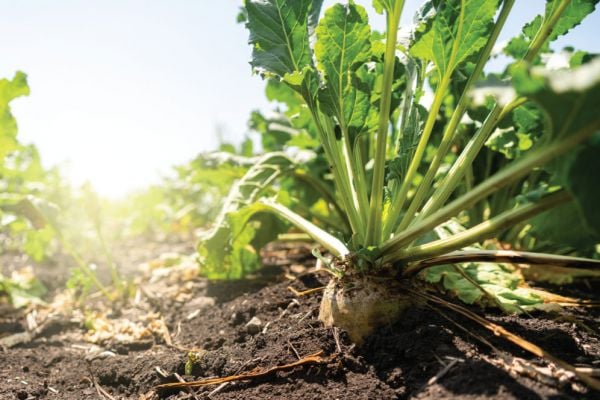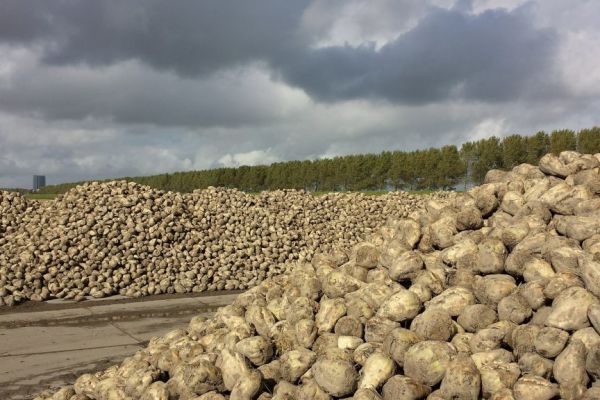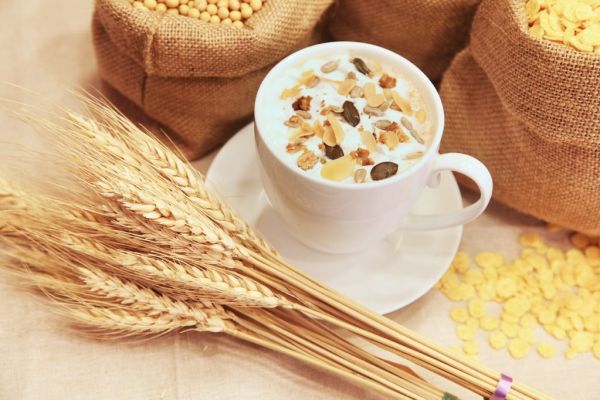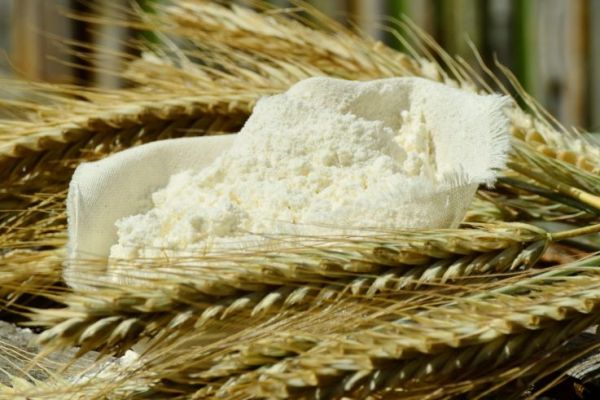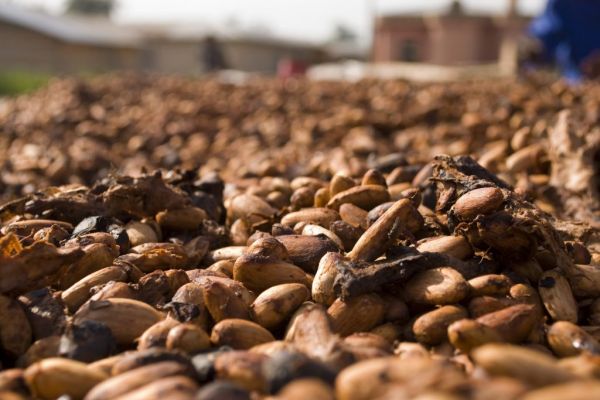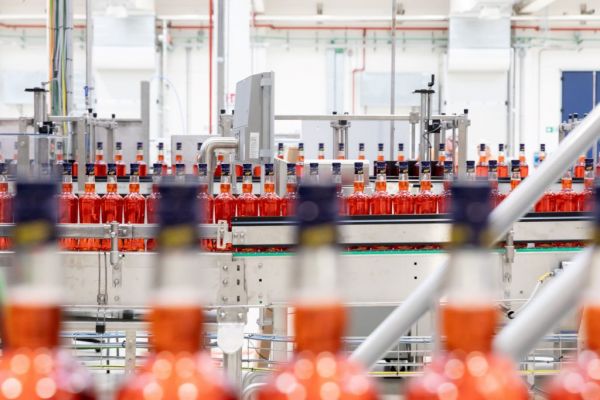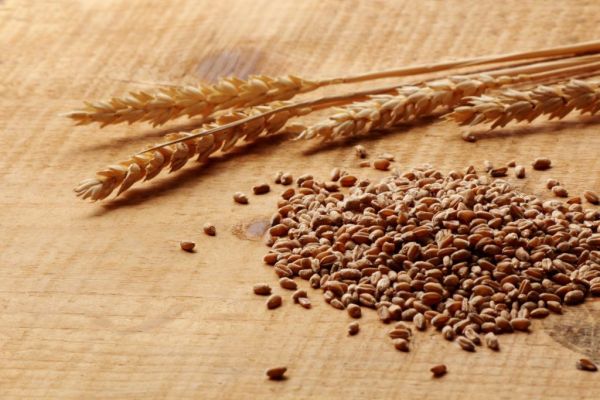Brazil’s economic and political crises are proving to be a boon to one of the nation’s most embattled sectors: ethanol producers.
Drivers, who used to switch between ethanol and gas depending on the price gap, are now just going for the cheaper, less-efficient ethanol as they try to cut short-term spending amid a battle with inflation as high as 10.7 per cent, rising unemployment and an economy contracting at the fastest pace in a century. That’s helping keep ethanol prices at a record high for more than three months.
"The idea that consumers would migrate back to gas just isn’t happening," said Martinho Ono, chief executive officer at ethanol broker SCA Etanol do Brasil. "It’s the same thinking as the person who goes to the supermarket and picks the cheaper brand. In a difficult situation like the one we’re in today, that perception of the economy ends up trumping rational thinking."
Traditionally, drivers choose ethanol to fuel their cars when it’s below 70 per cent of the price of gasoline, as the biofuel extracted from sugar cane yields about 30 per cent less energy per liter. Now, the difference at the pump – it costs about 1 real ($0.25) less per liter to fuel with ethanol at current prices – is prevailing. Ethanol was consistently sold at 72 to 75 per cent of the price of gasoline from November to January, up from 66 per cent a year earlier, data from the National Oil Agency show.
"Ethanol continues to get consumers’ preference," Mirian Bacchi and Ivelise Bragato, analysts at University of Sao Paulo’s Cepea, an agriculture research center, said in a report on February 22. While the income restriction is an explanation, it’s also possible that part of drivers "considers that the biofuel is still competitive above the 70 per cent mark," they said.
Ethanol Sales
Sales of hydrous ethanol by fuel distributors in the last three months rose 10 per cent from a year earlier, while sales of gasoline shrank 9.3 per cent. Over the past 12 months, ethanol sales climbed 36 per cent to a record 17.8 billion liters as the biofuel became a more attractive option following a rise in gasoline taxes a year ago. Ethanol fell to as low as 60 per cent of the gasoline price during the production peak in August, a move that led consumers to wipe out the nation’s inventories.
Plinio Nastari, the president of consulting firm Datagro, expects hydrous ethanol inventories at the end of the current 2015-16 crop year will be about 300 million liters, down from 1.2 billion liters a year earlier, as consumption remains "surprisingly resilient."
The record demand has been helping sugar and ethanol producers recover from years of poor results. With an 85 per cent increase in ethanol sales, Biosev SA, Louis Dreyfus Commodities Holdings’s sugar unit and Brazil’s second-largest producer, posted a net profit in the three months ended in December after eight consecutive quarterly losses. Biofuel sales from competitor Sao Martinho SA more than doubled in the same quarter, boosting net income to a record for the period.
Analyst Forecasts
That has helped push Sao Martinho’s shares up 36 percent over the past year, compared to a 16 per cent drop in Brazil’s benchmark stock gauge. Analysts surveyed by Bloomberg are expecting net adjusted income to rise by 48 per cent next fiscal year following a 13 per cent increase in the year ending March 31. Biosev is up 16 per cent, with analysts expecting the company to get its first annual profit since 2011 next year.
Transport fuel demand is likely to decline with the consensus lowering of Brazil’s 2016 GDP outlook, but analysts say they expect the sugar and ethanol industry to outperform all other sectors.
Hydrous ethanol output is projected to increase 4.5 per cent to 17.6 billion liters in the season starting in April amid higher sugar-cane supplies, and sugar mills are expecting crushing to start in March in order to take advantage of record prices before production peaks, says Bruno Lima, an analyst at INTL FCStone in Campinas. While current demand levels are a positive sign, the persistent slowdown in the Brazilian economy may eventually curb biofuel consumption, he said.
"The question mark is if consumers will continue to demand more ethanol instead of the more expensive gasoline or if the crisis will lead to a general drop in fuel consumption," Lima said.
News by Bloomberg, edited by ESM. To subscribe to ESM: The European Supermarket Magazine, click here.
